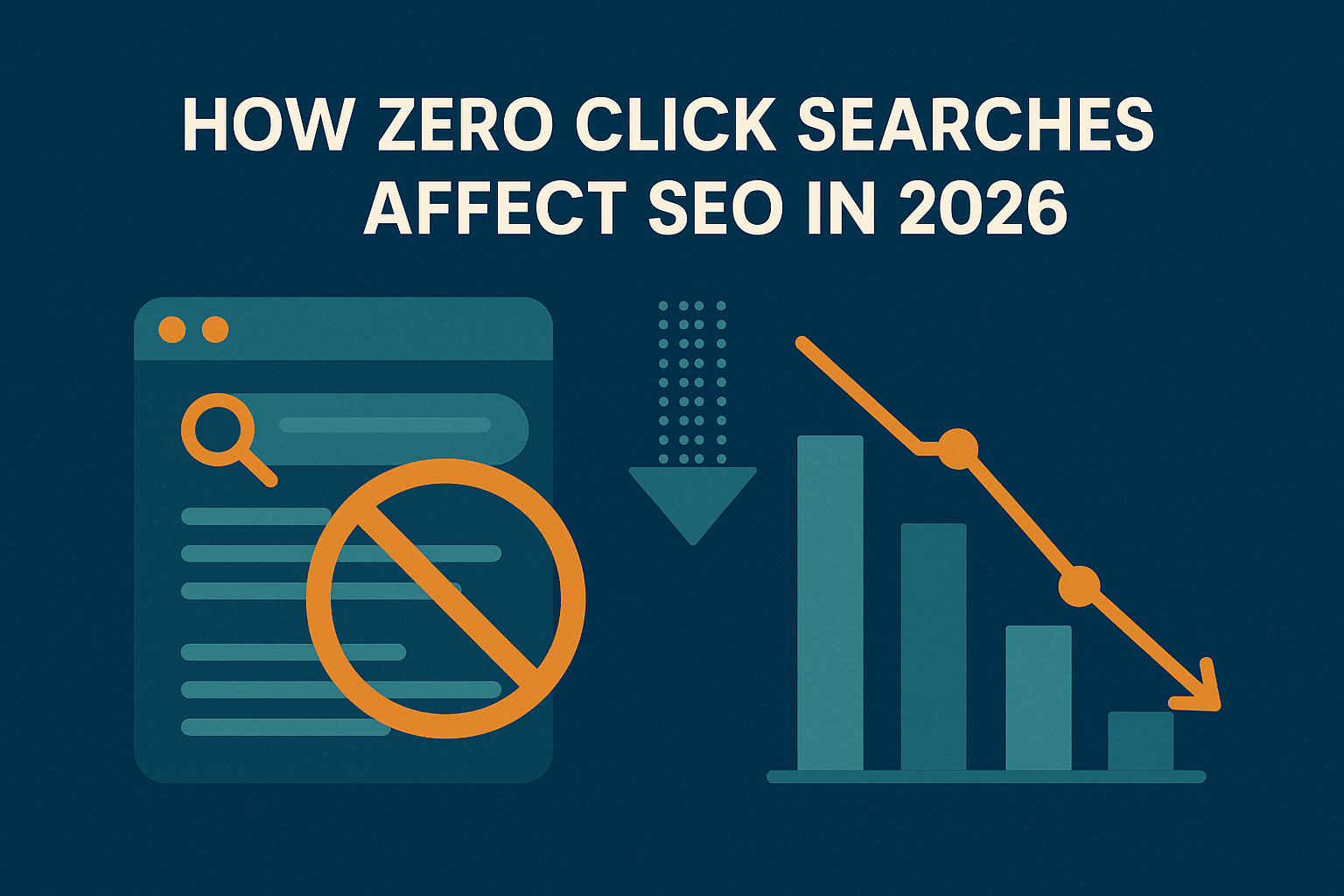Leveraging a Virtual SEO Assistant to Stay Ahead of Google’s Algorithm Updates
Staying ahead of Google’s frequent algorithm updates is one of the biggest challenges for SEO professionals. Google’s updates can dramatically affect website rankings, traffic, and visibility. A Virtual SEO Assistant (VSA) can be a game-changer in helping businesses monitor, adapt to, and benefit from these changes. Here’s how a VSA can help you stay ahead of Google’s algorithm updates:
1. Real-Time Monitoring of Algorithm Updates
- Automatic Alerts: A VSA can monitor SEO news, search engine behavior, and Google’s official channels (e.g., Google Search Central Blog) to provide real-time alerts whenever a Google algorithm update is announced. These alerts can help you respond quickly to changes that might affect your website’s rankings.
- Update Impact Analysis: Once an algorithm update is identified, the VSA can analyze how the update is impacting your rankings. It can track fluctuations in keyword rankings and traffic to determine if your site is affected, allowing for rapid assessment and adjustments.
2. Adaptation to Algorithm Changes
- Quick Adaptation Recommendations: Google’s algorithm updates often target specific SEO factors, such as content quality, backlinks, page speed, or user experience. A VSA can immediately provide actionable recommendations based on the specific changes associated with the update. For instance, if the update focuses on content quality, the VSA can suggest improving content depth, relevance, or user engagement.
- SEO Strategy Adjustments: Based on the nature of the update, the VSA can adapt your SEO strategy. For example, after a core update that emphasizes mobile-friendliness, the VSA can flag areas of your site that need mobile optimization and suggest fixes.
3. Content Quality and Relevance Monitoring
- Focus on E-A-T (Expertise, Authoritativeness, and Trustworthiness): Google’s updates often prioritize E-A-T factors, particularly for YMYL (Your Money, Your Life) sites. The VSA can help track the quality of your content, ensuring that it aligns with Google’s emphasis on expertise and authority. It can suggest improvements such as adding author bios, citing credible sources, or enriching content with more relevant information.
- Content Refresh Recommendations: A VSA can identify content that might be outdated or underperforming due to algorithm changes. It can provide recommendations to refresh old blog posts, landing pages, or articles by updating them with new information, keywords, or media.
4. Backlink Profile Monitoring
- Monitoring Backlink Quality: Google’s algorithm updates, like Penguin, focus heavily on the quality and relevance of backlinks. A VSA can continuously monitor your backlink profile, ensuring you have high-quality backlinks that are in line with Google’s standards. It can alert you to toxic backlinks or those that could potentially harm your rankings, allowing for disavowal or removal.
- Link Building Strategy Adjustments: After an update that impacts link-building tactics, the VSA can suggest changes to your backlink acquisition strategy. For example, if Google starts to penalize over-optimized anchor texts, the VSA can recommend a more natural link-building approach that uses varied anchor texts and high-authority websites.
5. Technical SEO Improvements
- Site Speed Optimization: With updates like Page Experience and Core Web Vitals, Google increasingly prioritizes page speed and overall user experience. A VSA can monitor and optimize your site’s technical performance by suggesting improvements to load times, mobile responsiveness, and accessibility. It can run regular site audits to ensure compliance with these technical SEO best practices.
- Structured Data and Schema Markup: As Google’s algorithm becomes more sophisticated, structured data and schema markup play a crucial role in helping search engines understand the content of your pages. A VSA can monitor your website for proper schema markup, helping your pages stand out in search results with rich snippets, which can be crucial in post-update rankings.
6. Monitoring Core Web Vitals and User Experience Signals
- Core Web Vitals Optimization: Google’s Core Web Vitals (Largest Contentful Paint, First Input Delay, and Cumulative Layout Shift) have become critical factors for ranking. A VSA can track these metrics across your website and provide insights into any performance issues that could negatively impact user experience and rankings. It will suggest specific improvements like optimizing images, reducing server response times, or improving mobile usability.
- User Engagement Signals: Algorithm updates often focus on how users interact with websites. A VSA can track metrics like bounce rate, dwell time, and click-through rates (CTR) to gauge user engagement. By optimizing these signals, you can improve your site’s chances of ranking higher after a major algorithm change.
7. Competitive Analysis and Benchmarking
- Tracking Competitor Changes: After a Google algorithm update, competitors may experience changes in their rankings as well. A VSA can track how your competitors are affected by the update, helping you identify trends or opportunities to refine your strategy. By analyzing what’s working for competitors, the VSA can suggest adjustments to your own SEO strategy.
- Benchmarking SEO Metrics: The VSA can benchmark your site’s performance against industry standards or direct competitors. After an algorithm update, this comparison can help you understand where your site stands and what needs to be optimized further.
8. Localized SEO Adjustments
- Localized Ranking Monitoring: For businesses with multiple locations, Google’s algorithm updates often affect local search results. A VSA can track local rankings for each location, ensuring that your business maintains a strong local presence after updates. It can adjust your local SEO strategy to optimize for new ranking factors introduced in algorithm changes.
- Managing Local Listings and Reviews: Local SEO is often impacted by algorithm updates that target GMB (Google My Business) profiles and local listings. The VSA can ensure that all local listings are optimized and that reviews are actively managed, helping to maintain strong local rankings in the face of changes.
9. Long-Term SEO Strategy Adjustments
- Shift from Short-Term to Long-Term SEO: Google’s algorithm updates often emphasize the importance of sustainable, long-term SEO practices over short-term tricks. A VSA can help you shift your focus to building high-quality content, improving site authority, and earning natural backlinks—strategies that will keep you ahead of future updates.
- Adapting to Search Intent Changes: As search engine algorithms evolve, they place more importance on understanding search intent. A VSA can track changes in search behavior and suggest content optimizations based on evolving user intent, ensuring your site remains relevant and visible in search results.
10. Continuous Learning and Adaptation
- Algorithm Trend Analysis: Over time, a VSA can collect data on multiple algorithm updates and identify patterns in what changes Google is making to its ranking algorithms. This insight can help predict future updates and prepare your SEO strategy accordingly.
- Automated Adjustments: As new ranking factors emerge or old ones are de-emphasized, a VSA can automatically adjust your ongoing SEO efforts. This proactive approach ensures you’re never caught off guard by Google’s updates.
A Virtual SEO Assistant is a powerful ally when it comes to staying ahead of Google’s algorithm updates. By automating monitoring, offering real-time alerts, and providing data-driven recommendations, the VSA ensures that your SEO strategy remains agile and adaptive. Whether it’s content quality, technical SEO, backlinks, or user experience, the VSA helps you optimize for the factors that matter most in response to algorithm changes. With continuous tracking, benchmarking, and adjustment capabilities, a VSA makes it easier to keep your website aligned with Google’s evolving standards, maintaining or improving your rankings in an ever-changing digital landscape.










